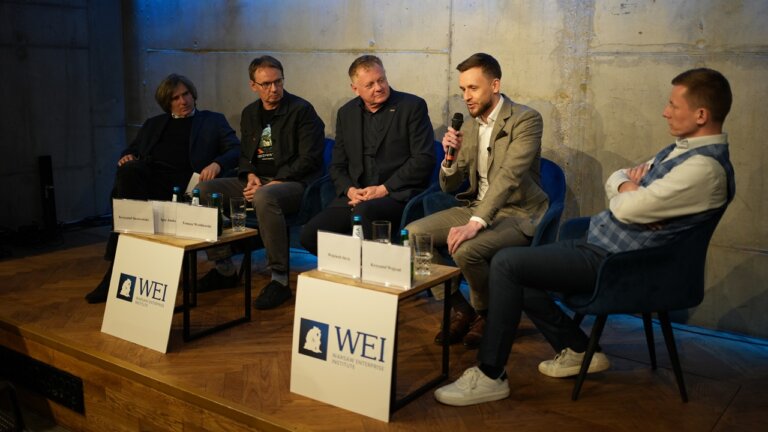In the first months of 2024, farmers’ protests against EU policies attracted media attention. Spectacular events in Western Europe, among which were blockades of cities, highways and the pouring of manure on public buildings, led citizens of many countries to unite against EU policies. Their objections mainly relate to the top-down Green Deal policy in agriculture.
However, the problem is much broader and affects other areas of societies and economies. At the global level, propaganda activity has been going on for years to push one model of climate policies in which the world’s political and economic elites are involved. At the supranational level, this is reflected in European Union policies and the implementation of new directives. The national level is legislation. At the local level, there are vibrant local governments and, more specifically, officials and “activists” who, on a practical level, implement the actions indicated in higher-level legislation.
Agriculture is therefore only one example of how these mechanisms work in practice. Another example is exactly the restriction of the right to own and use cars, which has been going on for years. This example is significant in that it affects the majority of citizens, and the restrictions imposed in this regard do not affect the political and economic elite, but primarily affect poorer and middle-income citizens.
This and the next page show a simplified diagram of the restrictions being introduced, presented from end to source:
Stage 6. Residents notice they can’t drive their cars into the city. This results from introducing the Ban on Entry of Cheaper Cars (under the misleading name “CTZ – Clean Transportation Zone”). They perceive that there is a sharp decline in available parking spaces. This is the result of the introduction of initiatives with such excellent names as “giving streets back to residents,” “eliminating urban highways,” “eliminating overscaled streets,” “pedestrian safety,” “greening cities,” etc. In practice, however, better names are narrowing, polling, and blocking. Citizens also have less money as a result of the introduction of measures such as Fines for Car Ownership (under misleading names such as “taxes” and “fees”) and Pay for Unattended Car Zones (under the better-sounding name of “NRPPZ – the Non-Reserved Paid Parking Zone).
Stage 5. Resolutions of city councils, decisions of mayors, etc. This was possible due to the fact that previously prepared…
Stage 4. Relevant documents, such as “strategies” that, strictly speaking, are not strategies; “analyses” that, after careful reading, turn out not to be analyses and do not cover many areas, including security and financial aspects. There were also “public consultations” that most residents did not know about. This was possible because it was previously set up…
Stage 3. Relevant national law. Thus, for example, the Law on Electromobility and Alternative Fuels, for some reason, deals not only with electromobility and alternative fuels, but also with phenomena such as driving cars into the city. This was made possible by the fact that previously introduced…
Stage 2. Relevant supranational law – EU policies such as the “Green Deal,” for example. And this, in turn, was made possible by the fact that previously conducted….
Stage 1. Very effective propaganda at global, supranational, national, and local levels.
Protests by citizens, academics and experts over restricting access to cars have been going on for a long time, but only now is the so-called “wide public” beginning to realize that things have gone too far. Does Poland actually have the highest number of cars per 1,000 residents? Do cars pollute the air more than anything else in the city? Are cars a primary threat to citizens’ lives? How much valuable time do autos save? How much might that be worth?
This and several other issues have caught WEI’s attention. Finding answers takes work. The report presented here is just the first step of many on the way to obtaining precise answers and thus developing appropriate recommendations.





